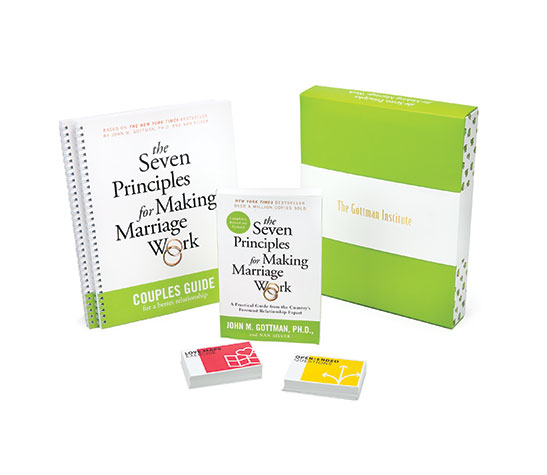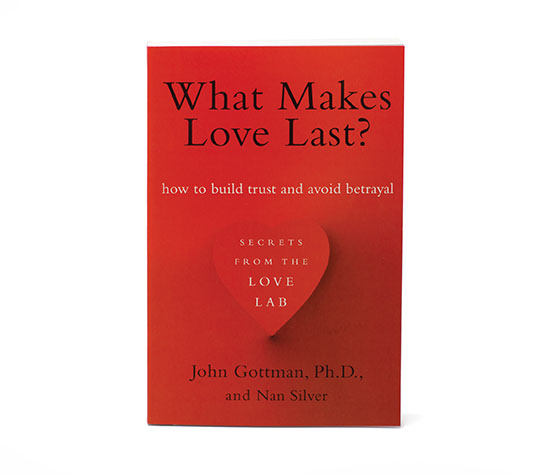In 1992, Dr. John Gottman and two of his colleagues, Kim Buehlman and Lynn Katz, conducted a landmark clinical research study. They interviewed 52 heterosexual married couples about the history of their relationships. The researchers could predict which couples would separate or stay together three years later with over 94% accuracy. So, how were they able to do this?
The Research Study
In the interviews, the couples described their first meetings, courtship, decision to get married, the good and bad times, their philosophy of what makes a marriage work, and the way that their marriage changed over the years. Afterward, they made a brief visit to the Love Lab to have a 15-minute discussion about an area of conflict in their marriage. This allowed the researchers to see an example of the couple’s conflict style.
The researchers focused on a particular set of seven variables in this study to determine which were predictive of success or failure. These variables were:
- Affection toward the spouse.
- Negativity toward the spouse.
- Expansiveness, or how expressive each partner was during the interview.
- “We-ness” versus separateness, or how much the spouses saw themselves as part of a team as opposed to emphasizing their independence.
- Gender stereotypes, or how much like “traditional” men and women the spouses were in their emotional expressions and responses.
- Volatility, or intensity of their feelings toward each other when dealing with conflict (Chaos or Glorifying the Struggle).
- Marital disappointment and disillusionment.
The Results
Some of the variables that increased the likelihood of a couple staying together included:
- One spouse’s expression of fondness towards their partner
- Both partners’ expression of “we-ness”
- Expression of positivity or happiness in their marriage (especially on the part of the husband in heterosexual relationships)
In addition, here are some of the other factors that predicted a couple’s chances of success.
Marital Disappointment
The single most powerful predictor of divorce in this study was the partner’s disappointment with the marriage. This predictor was significantly correlated with both partners’ marital unhappiness, the spouse’s belligerence towards their partner, and their partner’s contempt and anger towards them. The partner’s disappointment in the marriage was also correlated to their partner’s faster heart rate during the marital interaction (increasing the likelihood of flooding).
Dealing with Conflict
Couples who score high in the Chaos dimension may end up divorcing because of their approach to the continual unforeseen circumstances. Couples who score high on this dimension feel out of control of external events and usually do not know how to problem-solve. Instead, they just accept that life is hard. They continue to struggle to survive instead of growing closer or learning new ways to deal with life’s problems. Unfortunately, the philosophy of passive endurance does not help their marriage survive.
On the other hand, couples who Glorify the Struggle have a better chance of staying together. These couples may be in the same turmoil as the couples who score high in chaos. However, the difference is their perception of the hardships. Quotes like, “Marriage is the hardest job in the world, but it is well worth it,” demonstrate the couples’ feelings of hopefulness and togetherness (“we-ness” in Gottman-speak). Glorifiers go on to tell in detail how certain traumas and intense experiences made them feel closer to one another. Hence marriages with this outlook on hardships grow stronger and get better as time goes on. Glorifying the Struggle correlates negatively with divorce because hope and commitment towards the other is stressed.
This is a lot to think about. Luckily, you don’t have to slog through a slew of research studies to learn how to strengthen your own relationship. Keep reading the Gottman Relationship Blog for more research-based tools to grow and keep the relationship you want.
Share, show, and speak your love! In this all-new series of exercises, activities, and videos, Drs. John and Julie Gottman show you how to love your partner even better. Sign up for Loving Out Loud and upgrade your relationship today.









